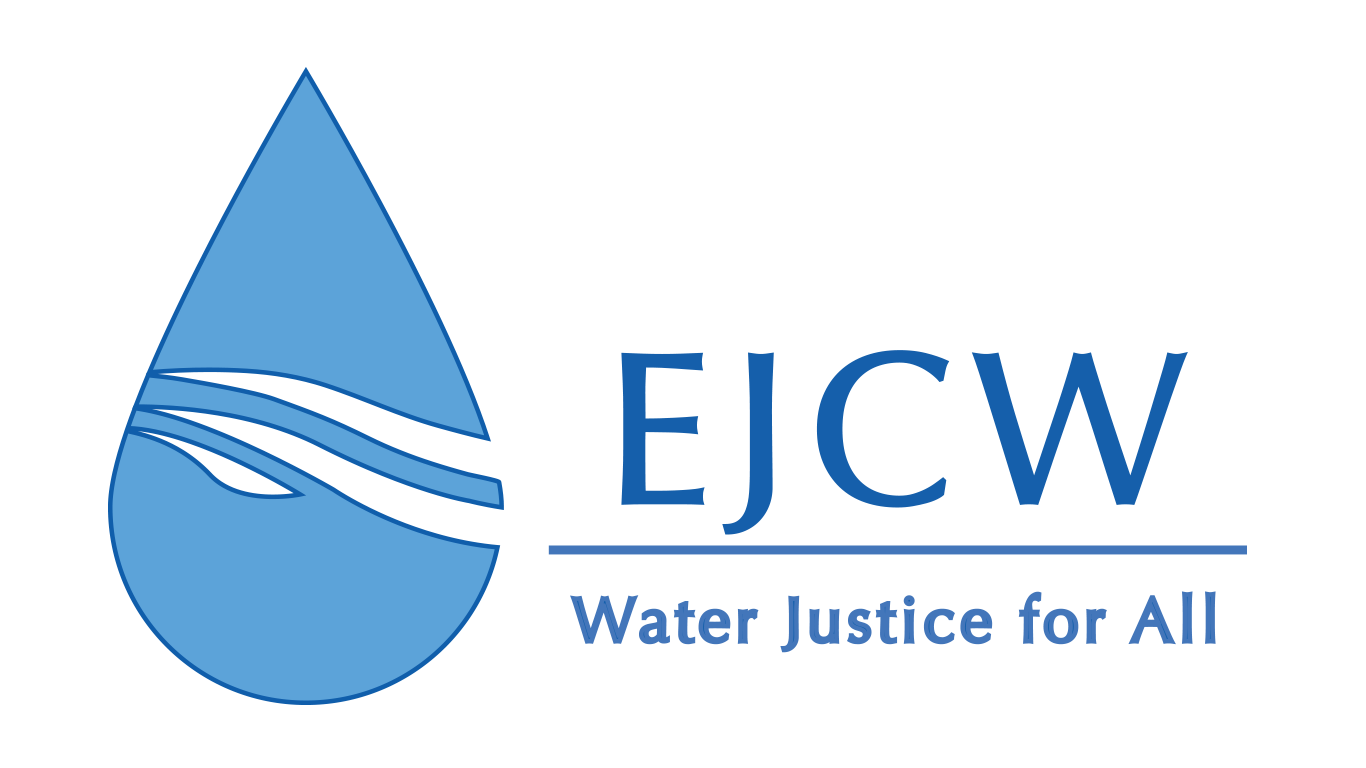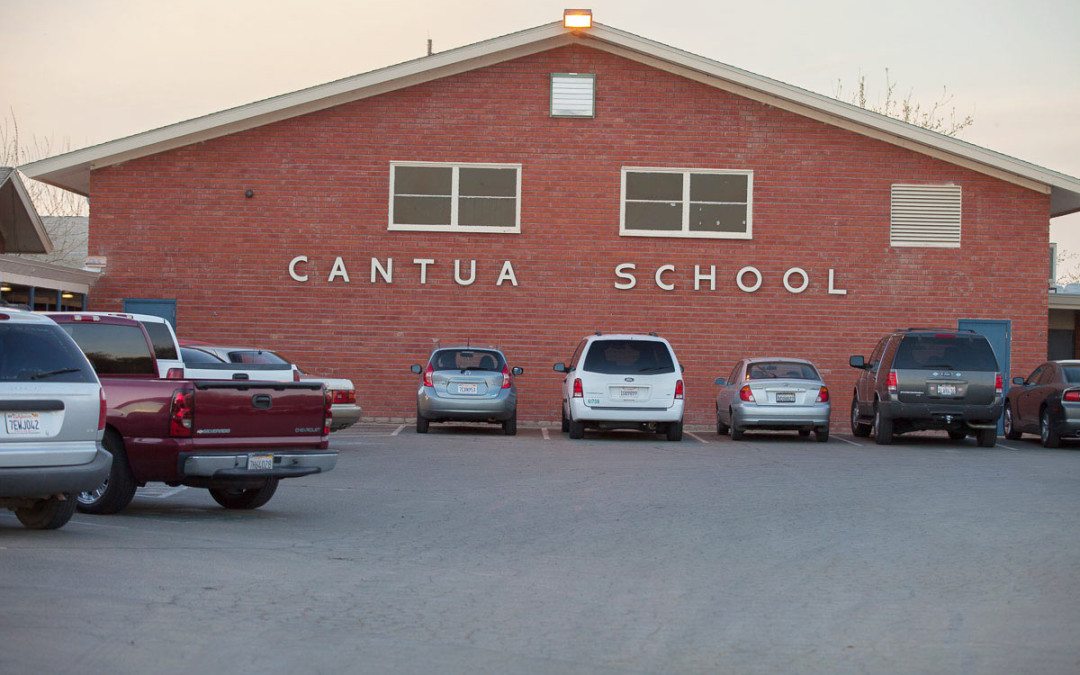Written May 22, 2015
By Estrella Sainburg
“This mega-drought peels back the ugly layers of power vested in our Water District system,” says Janaki Jagannath, a Community Legal Worker with California Rural Legal Assistance, Inc. (CRLA) in Fresno. Cantua Creek and El Porvenir, two unincorporated communities forty miles southwest of the city of Fresno, are home to about 700 predominantly farmworker residents. The communities lie within the jurisdiction of Westlands Water District, a public/private irrigation district that is known for being one of the largest and wealthiest water districts in the nation.
These communities’ drinking water comes from the same canal that irrigates fields of almonds, tomatoes, onions and other row crops. While land-owners can make a choice to buy water from the canal or use well water for their farms if prices become untenable, residents who rely on this water to bathe and wash have no choice but to pay. Additionally, because Westlands Water District owns its position as purely an irrigation district, selling water for plants not people, the district does not carry any of the responsibility of treating this water to make it drinkable. Both communities have violations against them for water contamination. The people who live within the jurisdiction are victim to the profit-based pricing as well as the poor water quality: residents of Cantua Creek and El Porvenir pay about $120-160 per month for water that they cannot drink.
A variety of sources have reported on the rising water prices that Central Valley residents face and their resistance to price increases, including National Public Radio, the Fresno Bee, the Wall Street Journal. Over the course of 1 year Westlands Water District increased the price of water 3 fold for sale to Fresno County, who then supplies the water to rural residents in Cantua Creek and El Porvenir. When the County proposed yet another rate increase to the residents to accommodate for Westlands price hike in the drought, the community of Cantua Creek successfully voted down the increase via the Prop 218 process.
What ensued was a chain-reaction of events that illustrates the dysfunction in the governance of agricultural surface water in rural areas and the way fieldworkers and rural residents have been systematically excluded from decision-making around this expensive resource. Due to a history of fiscal mismanagement and the fact that the County is unable to pay the rates proposed by Westlands, the local Fresno Bee reported on March 8 that the people of Cantua Creek were at risk of having their water shut off if they did not agree to pay the increased water bill as the district had ordered. A story aired on NPR on April 2nd documenting this story.
With outcry from the resident base, support from media and CRLA, the State Water Board reached out to the County with a funding agreement to ensure that the community’s water will not be shut off. Jagannath shared, “[The State Water Board] agreed to fund the county, and thereby the community, through the fiscal year with existing funds to pay the water bills and get the County out of delinquency. They have also committed to funding the community through the long term to find a sustainable solution. The county has a previous grant through the State Revolving Fund to consolidate Cantua Creek with El Porvenir which will theoretically stabilize rates, though we have no proof of this, as they will still be purchasing water from Westlands.” The State has also opened an Interim Bottled Drinking Water grant for CRLA to provide bottled water to the communities while the consolidation is underway.
Many County officials have claimed that the residents simply need to conserve more to make their water bills affordable. Now the community is under Stage 4 water restrictions which means no watering outside the home. Leticia Fernandez, a resident of Cantua Creek shared in the NPR interview that conservation has already been taking place, considering they do not drink the water and have received water conservation toolkits from CRLA.
As Jagannath put it, “Water is a huge signifier of inequality. Where water issues arise, a series of other embedded social, political, and economic challenges are also brought to the surface.” In the case of Cantua Creek, the community is unable to participate and impact decisions at the water district meetings due to their status as low-income residents who do not own a large tract of land. This challenge points to an important task that the state has at hand – to reconstruct water districts to allow egalitarian participation despite status of land ownership. This participation is crucial for allowing the people that drink from a district’s water to be able to participate at the district meetings and even run on boards.
CRLA serves hundreds of farmworkers and low-income rural people across California every day. As water scarcity and contamination issues are on the rise with drought, CRLA works alongside farmworker communities to identify the most effective short-term and long-term solutions for their health and sustainability.
RESOURCES FOR THIS ARTICLE
[2] http://www.fresnobee.com/2015/03/08/4416067/taps-may-run-dry-in-western-fresno.html




